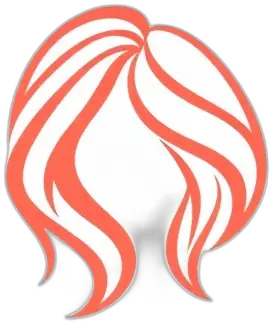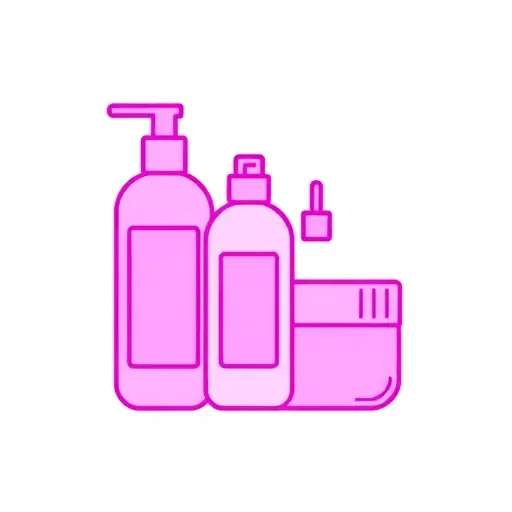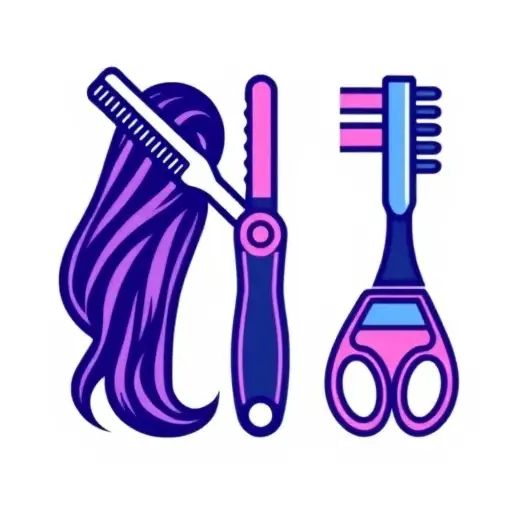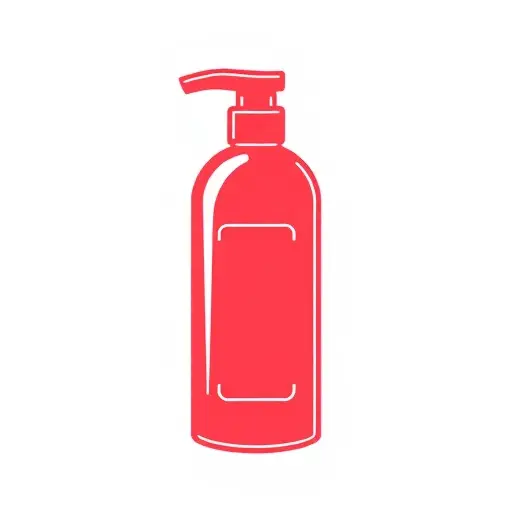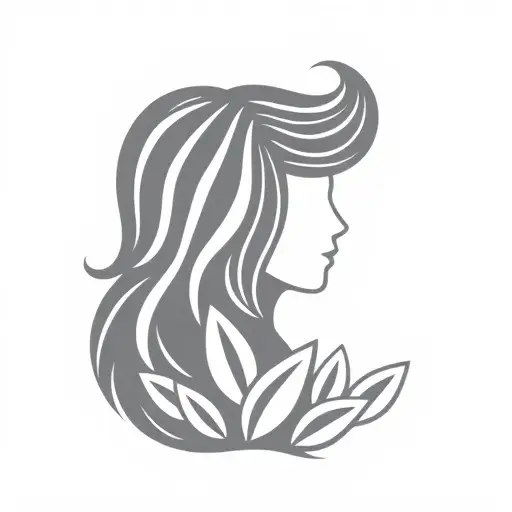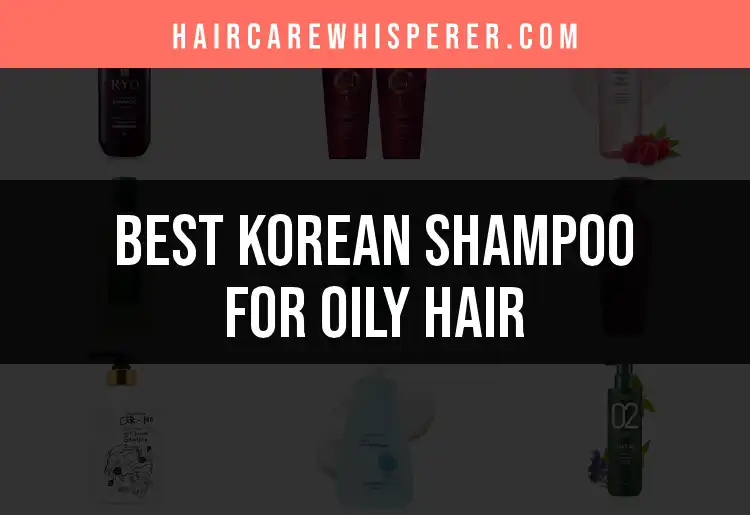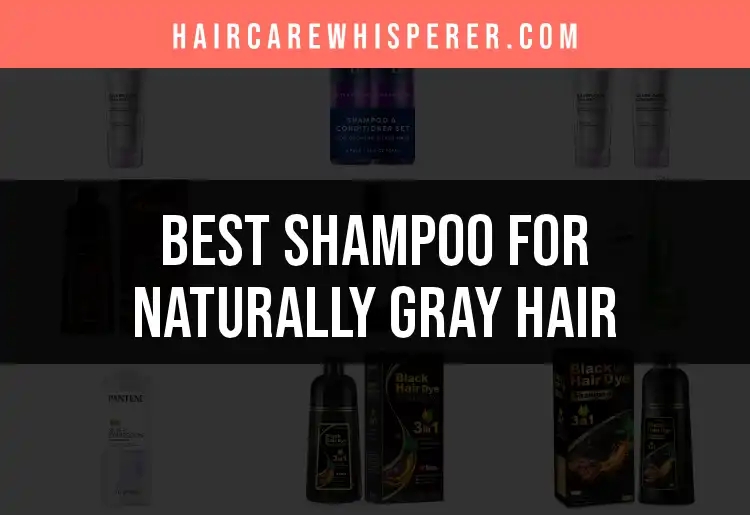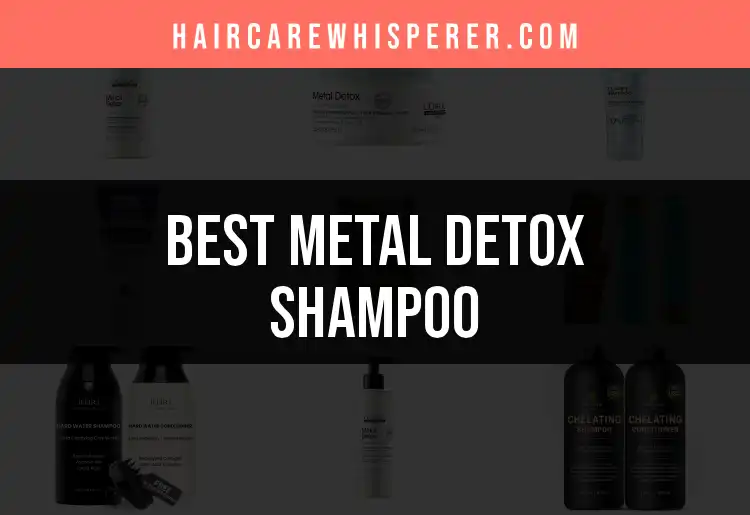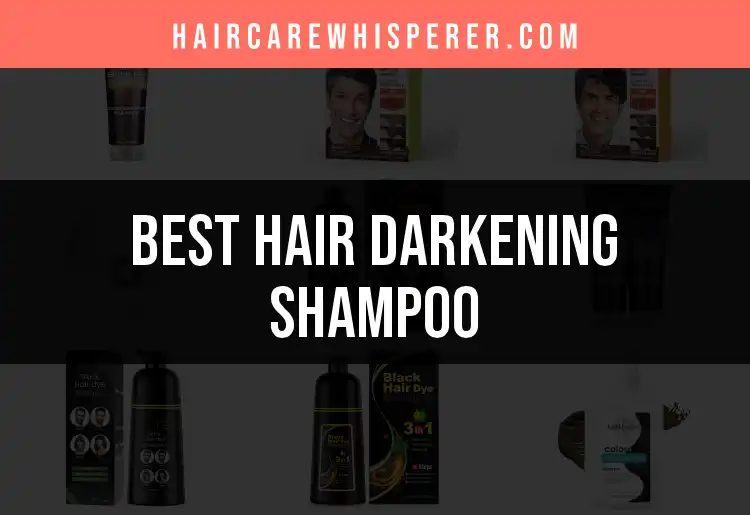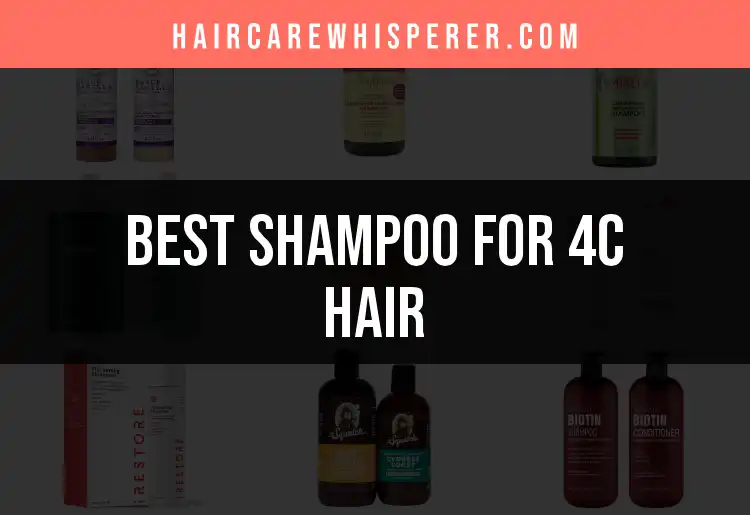Introduction to Shampoos & Treatments
Achieving and maintaining healthy hair goes far beyond simple cleansing. Modern shampoos and treatments are designed to address a range of hair types, concerns, and specific needs. Whether you’re battling frizz, managing extensions, nurturing a newborn’s scalp, or seeking solutions for complex conditions like PCOS hair loss, the right product can make all the difference.
This guide will walk you through every aspect of shampoos and treatments. You’ll discover how to find formulas tailored to your unique hair type, explore specialty products for wigs and extensions, and tap into the world of nourishing oils and advanced treatments. Use this guide as a comprehensive resource to build a routine that brings out your hair’s fullest potential.
Understanding Hair Types and Needs
Identifying Your Hair Type
Before diving into the world of shampoos and treatments, it’s crucial to determine your hair type. Are your strands straight, wavy, curly, or coily? Is your scalp oily, dry, or balanced? Each hair type demands different care:
- Straight hair often requires lightweight products that won’t weigh it down.
- Curly and coily hair seeks extra moisture and gentle detangling.
- Oily scalps benefit from clarifying formulas, whereas dry scalps need hydration.
- If you have extensions or wear wigs, your hair care needs are unique—products like sulfate-free shampoos for extensions are specially formulated for these cases.
Common Hair Concerns and Conditions
Certain concerns drive the choice of shampoo or treatment, including:
- Frizz or lack of volume
- Scalp health (itch, flakes, or sensitivity)
- Color-treated hair or perms
- Extensions, weaves, and wigs
- Hair loss associated with hormonal changes
Understanding your concern will guide you toward solutions like shampoos for PCOS-related hair loss or gentle formulas for teens.
Importance of Tailored Hair Care Products
No single product suits every hair type or concern. For example, if you wear extensions, you may benefit from specially formulated oils for hair extensions designed to prolong their lifespan and look. People with sensitive skin may require hypoallergenic shampoos and conditioners to reduce irritation risk.
The Fundamentals of Shampooing
How Shampoo Works
Shampoo acts as a cleansing agent, removing dirt, excess oil, and buildup from hair and scalp. The right shampoo does this gently—preserving natural moisture, maintaining color vibrancy, and preparing hair for subsequent treatments.
The Role of Cleansing Agents and Surfactants
Cleansing agents, or surfactants, are ingredient workhorses in shampoos. They emulsify oils and suspend dirt so it can be rinsed away. Some shampoos use gentle cleansers like those in sulfate-free formulas for hair extensions to avoid stripping natural oils or damaging delicate attachments.
Choosing the Right Shampoo for Your Hair Type
To select the ideal shampoo:
- Normal hair: Balanced formulas with mild cleansers.
- Oily hair/scalp: Clarifying ingredients to regulate oil production.
- Dry/damaged hair: Moisturizing and reparative formulas, for example shampoos with coconut oil.
- Color-treated or permed hair: Shampoos that protect chemical treatments and color—see shampoos safe for perms.
The Importance of pH Balance in Shampoos
A pH-balanced shampoo (around 5.5) helps keep the cuticle sealed, reducing frizz and dryness. When shopping for specialized needs, such as shampoos for synthetic wigs, pH balance ensures the synthetic fibers stay intact and lustrous.
Types of Shampoos and Their Specific Uses
Regular Shampoo
Your standard shampoo cleans daily grime and light product buildup. However, for unique needs or fashion-forward styles, specialty products are a better fit.
Clarifying Shampoo
Clarifying formulas contain stronger surfactants to deep-clean hair and scalp, removing persistent buildup from styling products or hard water minerals. These are best used weekly rather than daily, and not recommended for color-treated hair.
Volumizing Shampoo
Designed to lift roots and add fullness, these formulas often use lightweight ingredients. They’re perfect for fine or limp hair that needs a boost without residue.
Moisturizing & Hydrating Shampoo
Rich in nourishing agents such as oils and botanical extracts, these shampoos deeply hydrate, leaving parched or curly hair healthy and manageable. For instance, those seeking moisture might opt for a shampoo with coconut oil.
Anti-Dandruff Shampoo
Anti-dandruff shampoos use ingredients like zinc pyrithione or salicylic acid to control flakes and irritation—key for anyone with persistent scalp issues.
Sulfate-Free Shampoo for Hair Extensions
Sulfates can strip natural oils and weaken extension bonds. A sulfate-free shampoo specifically for hair extensions helps retain moisture while gently cleansing, protecting both your natural hair and your investment.
Shampoo with Coconut Oil
Coconut oil is prized for its ability to penetrate the hair shaft, reducing protein loss and increasing shine. For the ultimate in nourishment and gentle cleansing, consider a shampoo combining coconut oil.
Shampoo for Specific Hair Conditions
Those with scalp conditions such as psoriasis or dermatitis require targeted solutions—look for dermatologically tested shampoos designed to soothe and restore scalp health.
Specialized Shampoos Based on Hair Type and Needs
Shampoo for Black Male Hair
Hair types common among Black men often require extra hydration and gentle cleansing. Cleansing shampoos designed for Black male hair support hair health with moisturizers, nutrient-rich oils, and scalp-soothing ingredients.
Detangling Shampoo for Black Hair
Coily hair tends to tangle, so gentle slip and maximum moisture are non-negotiable. Two main products to consider:
Shampoo for Teens
Teenagers experience changing hormones and scalp conditions. A shampoo gentle enough for teens typically uses mild cleansers, balances oil, and avoids harsh chemicals.
Shampoo for Perms
Permed hair needs softness and structure retention. A dedicated shampoo formulated for permed hair protects curl patterns and keeps hair hydrated.
Shampoo for Weave Hair and Wigs
Maintaining weaves and wigs means keeping them clean without damaging fibers or adhesive bonds. Choose specialized shampoos for cleaning weave hair and pair them with carefully formulated wig shampoos, both of which gently cleanse without drying.
Shampoo for Synthetic Wigs
Synthetic fibers have distinct care needs. A shampoo uniquely made for synthetic wigs ensures a gentle cleanse, improving fiber longevity and shine.
Shampoo for Hair Extensions
If you wear clip-ins or bonded extensions, opt for shampoos that are safe for all types of hair extensions. These include sulfate-free options that help minimize tangling and breakage.
Shampoo for PCOS Hair Loss
Hormonal changes can thin hair, making gentle care essential. Choose a shampoo that addresses hair loss related to PCOS with stimulating or strengthening ingredients.
Hypoallergenic Shampoo and Conditioner
For sensitive skin or scalp reactions, consider a hypoallergenic shampoo and conditioner combination free from fragrances, dyes, parabens, and allergens.
The Role of Hair Oils and Treatments
Benefits of Using Hair Oils
Hair oils are rich in fatty acids, vitamins, and antioxidants. They can:
- Boost shine
- Prevent breakage
- Stimulate growth when massaged in
- Shield hair from heat styling
Oils for Hair Extensions
Extensions need protection from dryness and tangling. The best oils for hair extensions are lightweight, won’t cause slippage, and nourish both your natural hair and your added strands.
How to Use Oils on Hair Extensions
- Apply a small amount to ends only
- Avoid roots or tape/bond areas
- Use sparingly to prevent greasiness
Hair Oil for Newborns
Newborns have delicate scalps and often develop cradle cap. The safest hair oils for newborns are gentle, hydrating, and hypoallergenic—think pure plant oils, applied in moderation.
Olive Oil for Hair
Olive oil is revered for its deep conditioning abilities and scalp health benefits. Top-rated olive oil for hair is rich in antioxidants and fatty acids, restoring shine and elasticity.
Oil for Black Men’s Hair
Curly and coily hair textures benefit from regular oil application to combat dryness. Choose a lightweight, nourishing oil ideal for Black men's hair for softness and manageability.
Hair Treatments Beyond Shampoo and Oil
Deep Conditioning Masks
Deep masks rebuild hair from within, adding strength, moisture, and protection. Formulas with keratin, proteins, or rich oils deliver intensive nutrients.
Hair Masks for Red Hair
Red hair, whether natural or dyed, requires targeted masks to amplify vibrancy and prevent fading. Explore masks that enhance and maintain red tones.
Keratin Treatments and Corresponding Shampoos
Keratin treatments smooth frizz, strengthen, and add shine. Afterward, use an appropriate shampoo designed for keratin-treated hair to avoid stripping the treatment and extend its benefits.
Leave-In Treatments and Serums
A good leave-in or serum provides daily defense against breakage, environmental stress, and heat damage. Many include silicones or natural oils to seal the cuticle.
Scalp Treatments for Various Conditions
Targeted serums, exfoliators, or therapies address conditions like dryness, dandruff, or sensitivity. Regular use alongside a gentle, hypoallergenic shampoo and conditioner maximizes results.
Specialized Care for Specific Hair Concerns
Managing Hair Loss Associated With PCOS
PCOS can lead to hormonal hair loss. Support regrowth by choosing a shampoo formulated for PCOS hair loss with biotin, caffeine, or DHT blockers.
Color-Treated and Red Hair Care
Color requires special care. Maintain the intensity and health using hair masks designed for red tones or formulas crafted for color retention.
Care for Wigs and Weaves
Wigs (human or synthetic) and weaves demand gentle yet thorough cleansing. Specialized products like shampoos for wigs and shampoos for weaves help prevent residue buildup, tangling, and loss of luster.
Hair Treatment Options for Damaged Hair
Severely dry or chemically treated hair rejuvenates with reparative masks, oils, and protein treatments. Use in combination with nourishing shampoos for chemically treated hair or extensions.
Solutions for Dry and Curly Hair Types
Embrace moisture through nourishing oils, hydrating masks, and detangling shampoos for curly hair. This keeps curls defined, bouncy, and frizz-free.
How to Incorporate Treatments into Your Hair Care Routine
Frequency of Shampooing and Treatment Use
- Daily: Gentle, moisturizing shampoos for regular cleansing
- Weekly: Clarifying and deep conditioning masks
- As Needed: Leave-in treatments and specialty oils for targeted repair
Tailor your schedule based on hair type—for extensions, wigs, or colored hair, less frequent washing and more conditioning yields the best results.
Combining Multiple Products for Optimal Results
- Pair sulfate-free shampoos for hair extensions with nourishing extension oils.
- Use masks for red hair alongside color-protecting shampoos.
- Finish with serums or light oils to seal in benefits.
Tips for Maintaining Hair Health Between Washes
- Use dry shampoo or scalp sprays
- Limit heat styling
- Detangle gently with wide-tooth combs
- Sleep on silk pillowcases to minimize friction
Trends and Innovations in Shampoos & Treatments
Natural and Organic Products
Consumers are turning toward plant-based, minimally processed products. Look for certifications and simple ingredient lists, such as those found in hypoallergenic formulas.
Silicone-Free Formulations
While silicones can add instant shine, silicone-free products let hair “breathe” and prevent heavy buildup, especially important for color or extension care.
Customized Hair Care Solutions
Personalized shampoos and treatments consider your lifestyle, climate, genetics, and styling habits—delivering exactly what your hair needs.
The Future of Hair Treatments
Innovative products are leveraging scalp microbiome research and molecular repair for smarter, more effective solutions. Keep an eye out for advanced versions of oils for extensions and targeted treatments for specific hair issues.
Common Misconceptions About Shampoos & Treatments
Debunking Myths
- “More lather means cleaner hair” – Not always; gentler formulas often lather less but cleanse sufficiently.
- “Oil should never be used on oily hair” – Lightweight oils can balance and protect even an oily scalp.
Do’s and Don’ts for Healthy Hair
- Do: Read ingredient labels, match products to your needs, and opt for specialty formulas like shampoo for natural or synthetic wigs.
- Don’t: Overwash, use harsh styling tools frequently, or skip conditioning, especially for processed, curly, or extension-wearing individuals.
When to Consult a Professional
Persistent issues—severe scalp irritation, unexplained hair loss, or product allergies—should prompt a visit to a dermatologist or trichologist. For tailored product recommendations, ask about options like hypoallergenic shampoos and conditioners or solutions for complex hair extension care.
Summary Table of Recommended Products
This section will soon display a comprehensive overview of all expert recommended shampoos, treatments, and oils referenced throughout this guide, including options for hair extensions, newborns, permed hair, and more.
